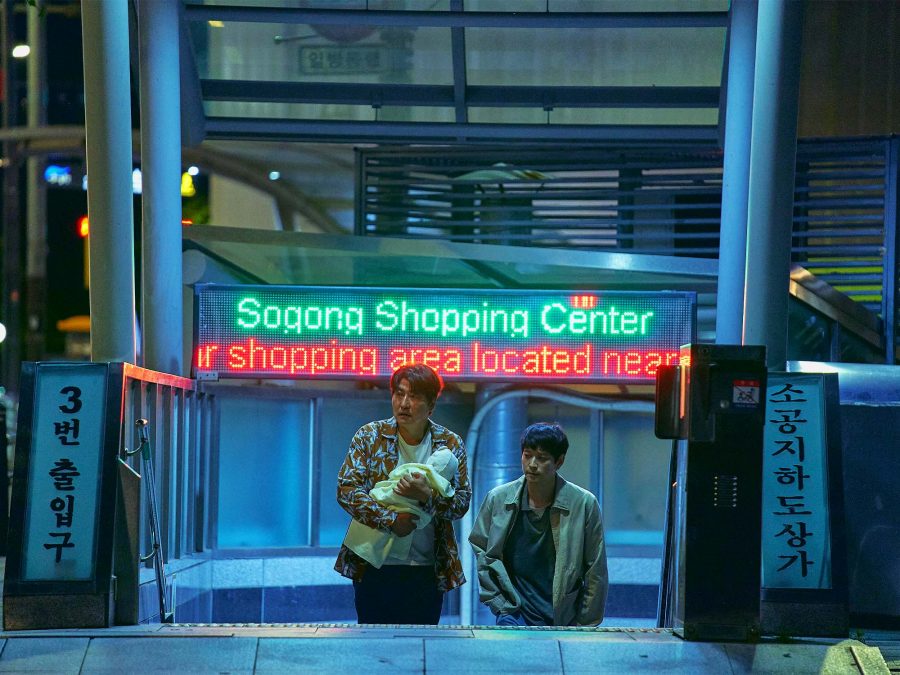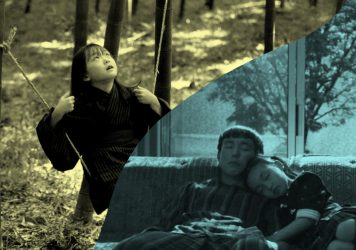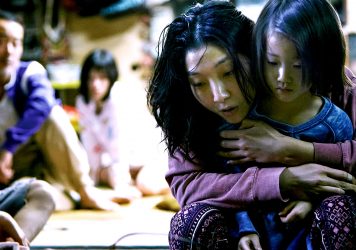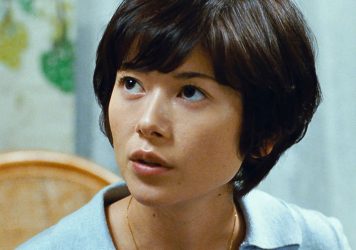Hirokazu Koreeda's latest tale of found families focuses on an illegal South Korean adoption scheme, run by two grifters with hearts of gold.
Deep in Hirokazu Koreeda’s typically gentle yet piercing new normal family drama Broker, one character listens to Aimee Mann’s hushed ballad ‘Wise Up’. Like any red-blooded citizen of the planet Earth, she immediately thinks of Paul Thomas Anderson using that cut for the emotional climax of his mosaic masterpiece Magnolia, referred to as “that movie” which didn’t totally make sense but nonetheless connected on a deeper level of personal resonance.
There’s nothing so baroquely metaphorical as a rain of frogs in Koreeda’s latest, linked instead by the imperfect relationships between lonely people in search of someone to hold on to in a chaotic, indifferent world. The woman having a moment of introspection with Mann is Soo-jin (Bae Doona), a law enforcement official investigating a doozy of a moral thicket, in which abandonment can be an act of conflicted compassion and child trafficking might just be an expression of love.
She monitors and later inserts herself in a criminal scheme with uncommonly decent intentions, its financial motives melting away little by little to leave a naked grasp at nurturing, in whatever form it may come. In the opening minutes, So-young (Lee Ji-eun) has left her infant in one of the ‘baby boxes’ found at churches around South Korea, no-questions-asked drop-off points for mothers unable or unwilling to raise their offspring themselves. She leaves a note that she’ll be back for little Woo-sung, unaware that this means he will be made ineligible for adoption and most likely live out his boyhood in an orphanage.

Sang-hyeon (Song Kang-ho) and Dong-soo (Gang Dong-won) have built a spottily ethical hustle around this counterintuitive quirk of protocol, selling these bundles of joy to loving parents instead of letting them languish in the system – except that unlike most of the mothers who promise to return, So-young really does. So begins an improbably heartwarming road trip, as the three set off en route to Woo-sung’s prospective parents, joined by a seven-year-old escaping the same group home they’re all trying to avoid.
When Soo-jin finally steps in and gets So-young under her thumb, we realise just how invested we’ve become in the success of what the cop must remind us – and herself – is a human smuggling operation. But nothing’s so black-and-white in Koreeda’s universe of softened greys, whether it’s a more complicated stance on abortion than a first glance might suggest, or the fleshing-out of the new parents eventually entering the picture for Woo-sung. Everyone’s reaching for a system of support. In most cases, allowed by Koreeda with admirable generosity, they can latch on to one another.
Little White Lies is committed to championing great movies and the talented people who make them.
Published 20 Feb 2023
The prolific Japanese writer/director rarely misses. This time, he’s in Korea!
Refuses to adopt a black-and-white moral standpoint on some very contentious material.
Still manages to deliver a film of effortless charm, grace and earthy humour.

By Nadila
The work of Hirokazu Koreeda and kogonada encourages us to slow down and reflect on the human experience if we wish to truly understand what it is to be alive.

By Beth Webb
Hirokazu Koreeda’s Cannes storming drama paints a richly humanistic portrait of an unconventional family unit.

Hirokazu Koreeda finds deep meaning in the everyday yet again in this immaculately crafted drama.